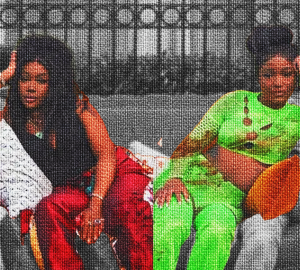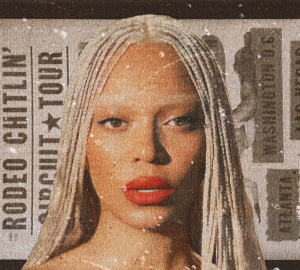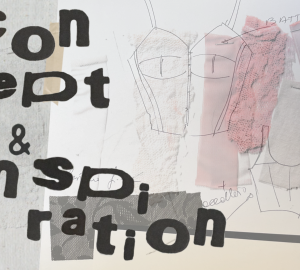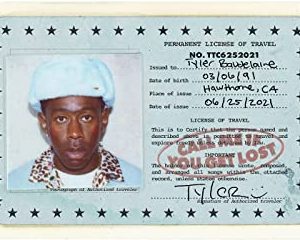Don’t deify artists
How over-praising artists and their work can actually backfire
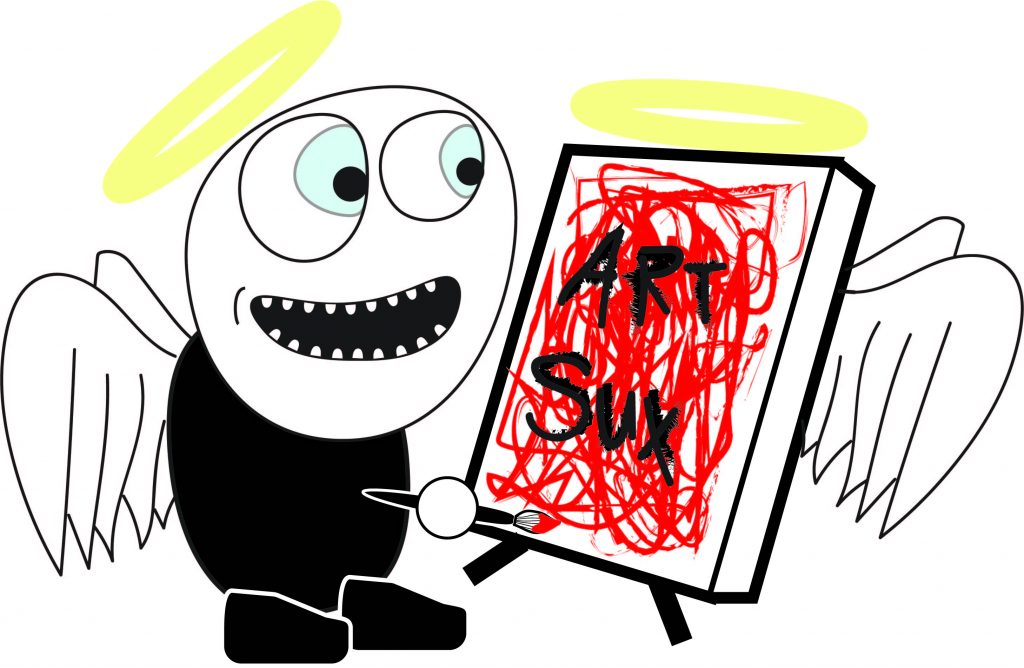
Art students have a deep reverence for their idols and inspirations. If you’re the kind of person that wants to be an artist, it’s probably because you saw someone’s art a long time ago and you liked it so much that it made you want to do it, too.
Some of the commonly named men and women that people list as their influences are masters of their craft and perfectly deserving of the praise and recognition. However, I believe the level of praise they get is often misplaced and overstated. It’s hard to talk highly of someone without it quickly devolving into sycophancy — compliments are better if they are restrained.
Some people have no idea what they’re talking about when they critique art and they give similarly misinformed compliments. But, it makes sense that the average person would be mystified and easily impressed.
If you’re an artist or a critic, you shouldn’t be looking at your influences as these immortal and unreachable God-like people that could channel the heavens in a way you don’t think you can. Don’t be the easily impressed guy off the bat. Don’t allow yourself to feel below the talent — they’re people too.
Don’t take this as a call to be dismissive either. Don’t be rude or disrespectful but, don’t over-praise.
Deifying artists cheapens their message and dismisses their humanity. It’s unbecoming and it reflects poorly on artists as a whole. You can like them, just don’t talk about them as if they were sent by God to fill the void your dad left when he ran off and died.
I have a deep bench of hero figures myself. I like to call them my surrogate dads. My surrogate dads were very important to me, and they still are. I would act as if everything they did was an example to be followed. I loved them so much that I even let them talk for me. My sense of how amazing they were couldn’t have been more exaggerated. I was too ready to let them be someone so I didn’t have to.
That’s an annoying way to be though — no one wants to hang out with the guy who can’t shut up about his favorite dead people. Someone with so little confidence that they’ve spent their time and energy memorizing someone else’s accomplishments instead of striving to achieve their own.
Being a big fan of something can be kind of pathetic. Or at the very least it makes me feel kind of pathetic. That isn’t to say that you shouldn’t support art, but just be aware of how it makes you look. It isn’t the fact that I enjoy art that bothers me, but the fact that I can hold the people who make it in an infinitely high regard.
I want to be out there trying to make stuff myself not looking to someone else to think for me. I want to be able to critique art, especially when it is objectively very good.
Journalism surrounding artists tends to hit the wrong notes for me in this way as well. Articles and books that commemorate different artists have left a bad taste in my mouth about how we perceive and describe these people.
I recently went back and took a second look at George Carlin’s posthumous memoir, “Last Words,” an autobiographical account of Carlin’s life that was compiled and brought into being by Tony Hendra, a British comedy legend in his own right.
While I enjoyed the book as a whole, Hendra’s introduction to Carlin is so over-the-top in its praise that it’s very difficult to take him seriously at all. At one point he says, “George Carlin stood on stage … kicking holes in the polyester pants of hypocrisy, puking down the nice clean tux of conventional wisdom.” What is this supposed to mean exactly? Maybe it is meant to be over-the-top in an endearing way, but if that is the case, it still feels like it has cheapened Carlin indirectly.
This was a defining moment for me as I am able to reflect upon my own guilt in all of this. I’ve written a bunch of different pieces highlighting artists and people I admire where I tried too hard to sing their praises and ended up sounding ridiculous. It always felt wrong to me when I wrote like that, but I assumed that it was because I wasn’t doing it justice. Now I realize that there is no need or place for saying stuff like, “So and so, raped the open mouth of creativity and soiled the diaper of misinformation with their xenomorphic wit and extremophilic integrity.”
Analogies like this are the epitome of what is wrong with deifying artists. It does nothing but make the writer look foolish and cheapen their art. For the sake of artists and your own integrity let their work speak for itself.



